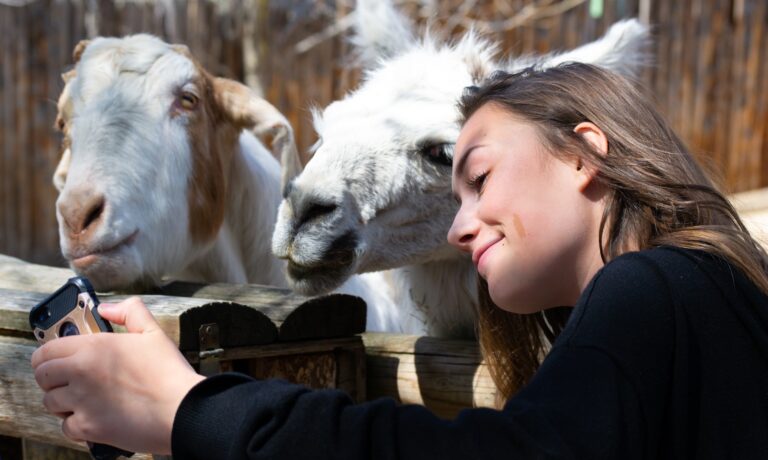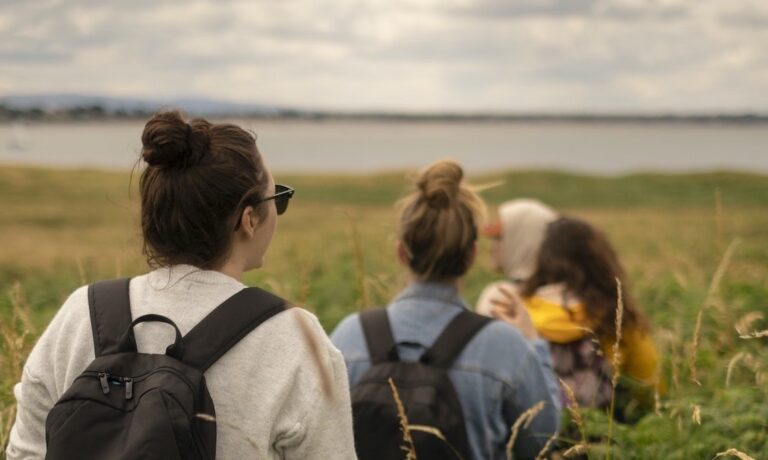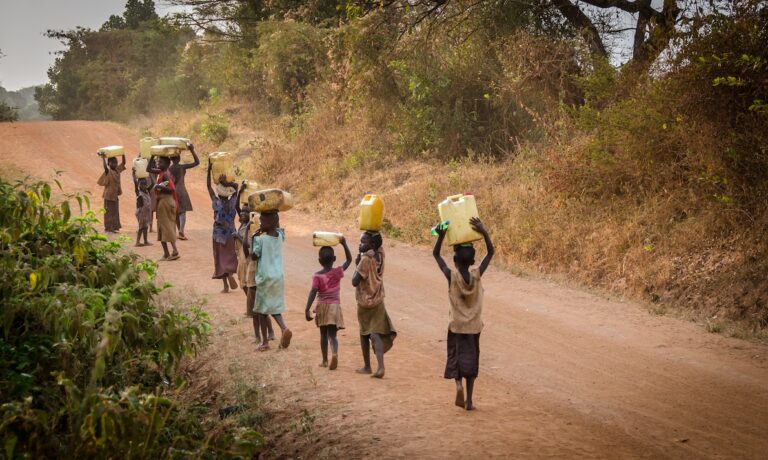Protezione dell’infanzia ad Haiti
This project aims at consolidating the foster care system for unaccompanied minors and minors without parental protection in Haiti.
Starting date
1 March 2022Duration
12 monthsRealized by:
Terre des Hommes ItaliaObjectives
Consolidating and expanding foster care for minors without parental protection — including both minors in institutions and children in conflict with the law who need to be socially reintegrated — by identifying and training foster families.
Strengthening community members (parents, community leaders) to contribute to an environmental where children’s rights are respected.
Increasing knowledge about foster care and child protection in general, through training for agents and partners and a constant collaboration with governmental bodies.
The project aims at creating a protective environment for children by supporting and consolidating the foster care system for unaccompanied minors and minors without parental protection in Haiti.
The situation of children without parental care is one of the main concerns of the organizations working in the field of child protection in Haiti. There, recent estimates show that 838,716 minors need protection. On the island the practice of putting children in orphanages is still quite common, with negative repercussions on the children’s psychological and physical development. Furthermore, the country is well-known for the phenomenon of restavec, children left with relatives where they receive food and shelter in exchange for domestic work. The Institut du Bien Être Social et de Recherches (Institute for Social Well-being and Research, IBESR) has established foster care as an alternative form of protection, to prevent children from being institutionalized. So it is the IBESR that will deem an applicant family “suitable” for foster care after a period of introduction and training. Besides institutionalized children, there is another category of minors who need to be welcomed into a family other than their biological family: minors in conflict with the law who have been to prison, need social reintegration and, for various reasons, don’t have a biological family to go back to.
The project will focus on supporting unaccompanied minors or children without parental protection through the foster care system. Individual care for children will be accompanied by activities to strengthen the community, raise awareness and train its members, so as to reduce child abuse. In parallel, a constant collaboration with governmental bodies will be implemented in order to strengthen the institutions.
The project will support one hundred children in need for different interventions such as research and mediation, foster care, family reunification, and support (including economic support) to reunified families. The project will consider peculiarities and gender specificity issues in planning and implementing the activities, so as so guarantee equal opportunities and results.



